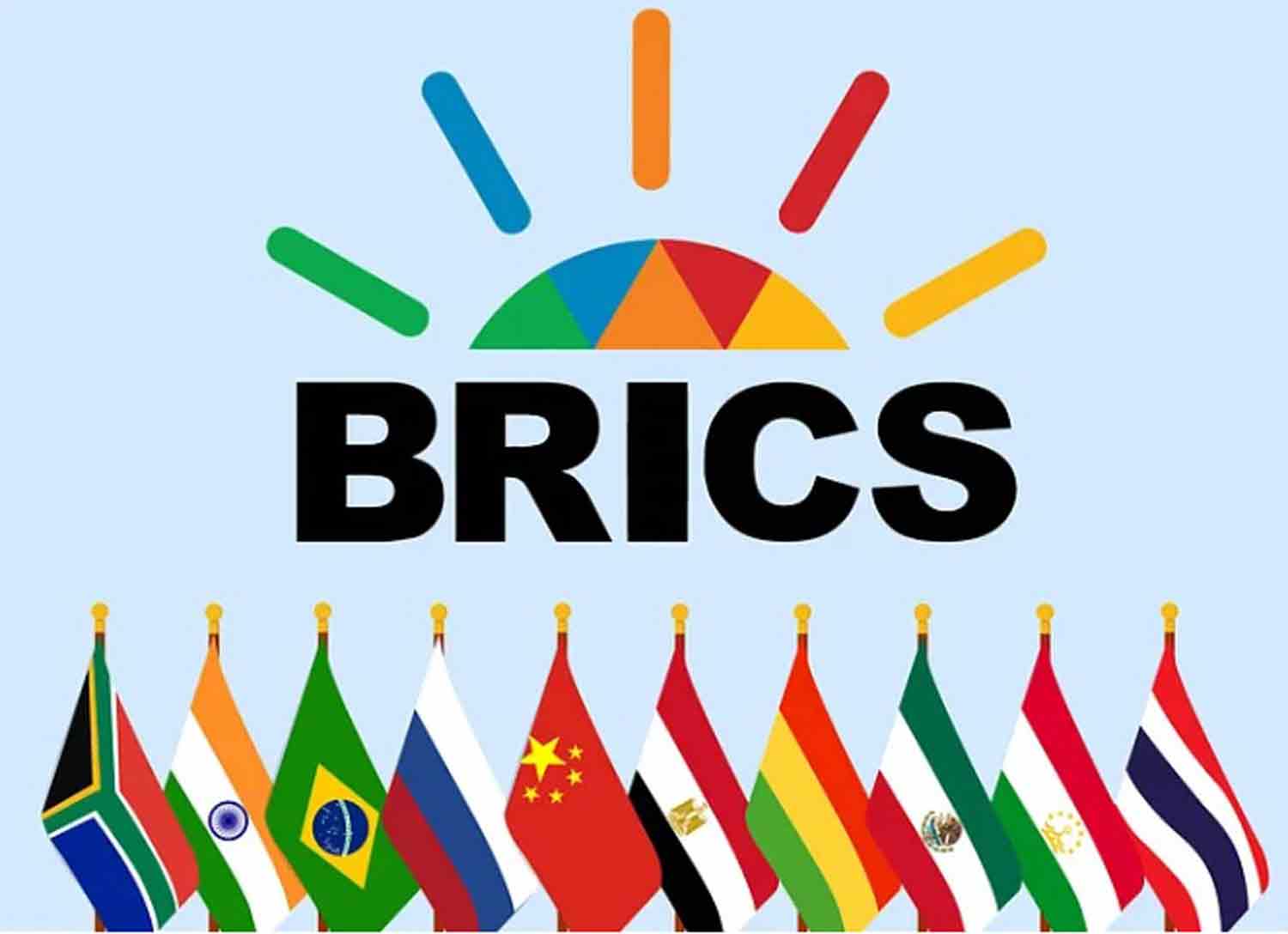The U.S. Defense Department announced on Monday that it has included several prominent Chinese technology firms, such as Tencent Holdings, a leader in gaming and social media, and CATL, a major battery manufacturer, on a list of companies believed to collaborate with the Chinese military.
The updated list also features Changxin Memory Technologies, a chip manufacturer, Quectel Wireless, a provider of wireless communication solutions, Autel Robotics, a drone manufacturer, and COSCO Shipping Holdings, the largest shipping company in China, as detailed in a document released on the same day.
Additionally, two subsidiaries of the state-owned China National Offshore Oil Corporation, namely CNOOC China Ltd and CNOOC International Trading, were included. This list, known as the “Section 1260H list,” is updated annually and currently identifies 134 companies, as noted in a notice in the Federal Register.
While this designation does not impose immediate restrictions, it can significantly tarnish the reputations of the listed companies and serves as a serious caution to U.S. businesses regarding the potential risks of engaging with them. It may also increase the likelihood of the U.S. Treasury Department imposing sanctions on these firms.
Following the announcement, Tencent’s shares listed in Hong Kong dropped by as much as 7% during early trading, while its U.S.-traded shares, which include its ownership of the popular messaging app WeChat, fell by 8% in over-the-counter markets. In response, Tencent stated that its addition to the list was “clearly a mistake,” asserting, “We are not a military company or supplier. Unlike sanctions or export controls, this listing has no impact on our business.”
CATL, the largest manufacturer of electric vehicle batteries globally, experienced a decline of over 5% in its Shenzhen-listed shares. The company labeled the recent designation as an error, asserting that it “is not involved in any military-related activities.” A representative from Quectel stated that the firm “does not collaborate with the military in any nation and will request the Pentagon to reassess its designation, which appears to be a mistake.” Quectel’s shares fell by nearly 7%.
COSCO’s shares listed in Hong Kong also saw a drop of more than 4%. Other companies and the Chinese embassy in Washington have not yet responded to inquiries for comments.
EFFECT ON COMPANIES
The revised list is part of a series of measures taken by Washington in recent years to spotlight and limit Chinese firms that it deems to pose security threats, further straining the relationship between the two largest economies in the world. Jefferies noted in a research report that the Chinese Military Companies (CMC) list reflects the Defense Department’s perspective, which may influence other government agencies.
“The most significant repercussion for CMC companies is a ban on U.S. investments, but the final decision rests with Trump and his administration.” Craig Singleton, a China specialist at the Foundation for Defense of Democracies, remarked that the additions to the list indicate it is “reckless” for American businesses to engage with an increasing number of Chinese firms. “The U.S. is no longer just protecting a limited range of technologies,” he stated. “The scope of sensitive technologies is expanding, and the barriers to safeguard them are being strengthened. Today’s list reveals that these entities are not merely commercial enterprises; they are essential contributors to China’s military advancement, directly supporting Beijing’s strategic goals.”
Several additional companies have been included, such as MGI Tech (688114.SS), which specializes in genomic sequencing instruments, and Origincell Technology, which has been accused by lawmakers of operating a cell bank network and bio-storage technologies. Neither company has provided immediate comments in response to inquiries.
Throughout 2024, U.S. lawmakers urged the Pentagon to include certain companies, including CATL, on the list. Ford Motor Company is establishing a battery manufacturing facility in Michigan and intends to license CATL’s technology to produce affordable lithium-iron batteries at this site, raising concerns among some lawmakers. Ford did not provide a comment on Monday.
Two companies previously listed, drone manufacturer DJI and Lidar producer Hesai Technologies, filed lawsuits against the Pentagon last year regarding their earlier classifications but remain on the updated list. The Pentagon has also removed six companies that it determined no longer met the criteria for designation, including AI company Beijing Megvii Technology, China Railway Construction Corporation Limited, China State Construction Group Co, and China Telecommunications Corporation.
Discover more from Defence Talks | Defense News Hub, Military Updates, Security Insights
Subscribe to get the latest posts sent to your email.





